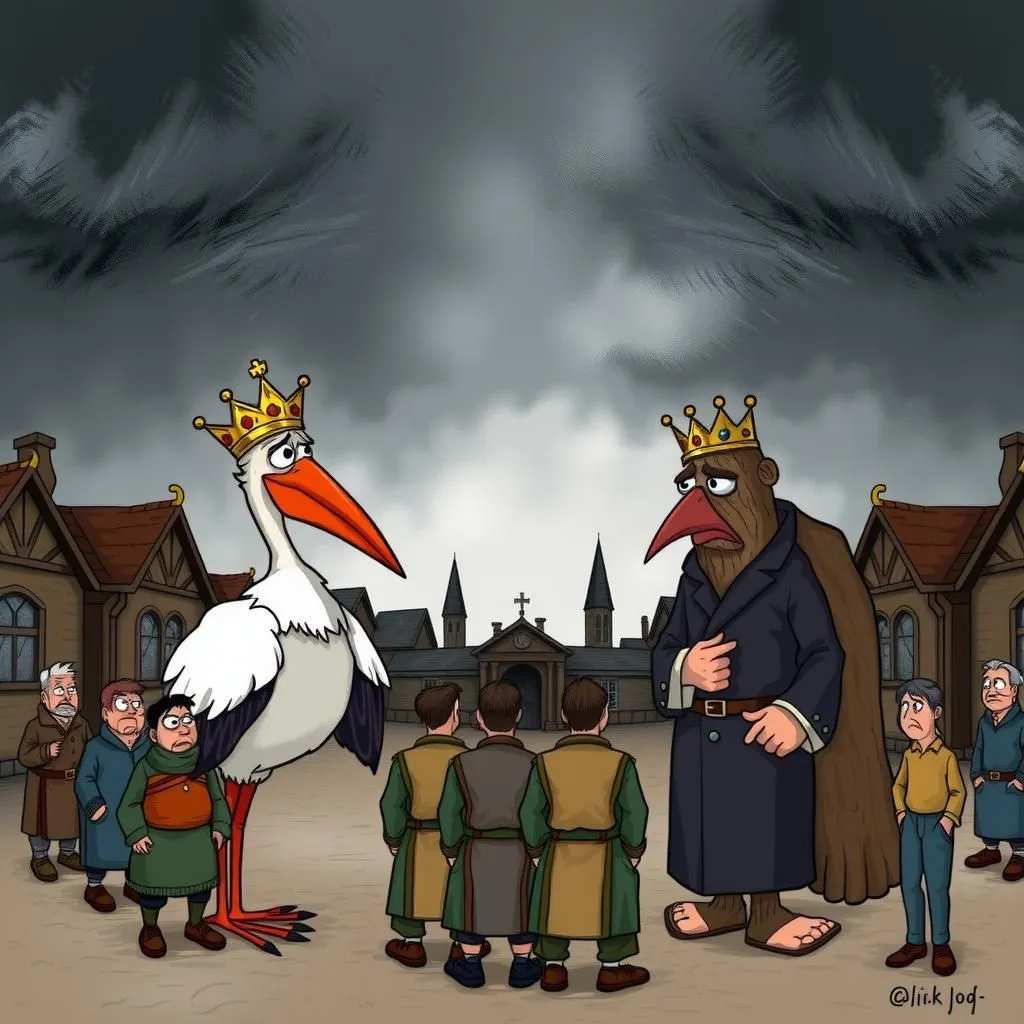
The Stag in the Ox-Stall
In this short story with moral, a Stag, chased by hounds, hides among oxen in a shed, believing he has found safety. Despite warnings from the Ox about the master’s keen observation, the Stag’s overconfidence leads to his capture when the master discovers him. This animal story with moral teaches the lesson that trusting in false security can lead to one's downfall, emphasizing the importance of being aware of real dangers for personal growth.


